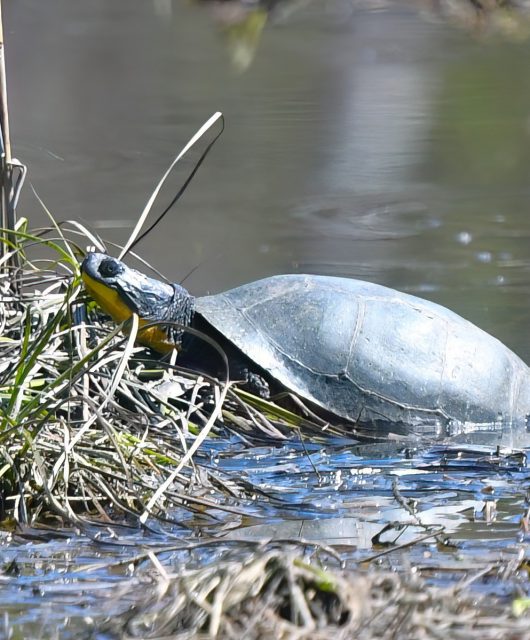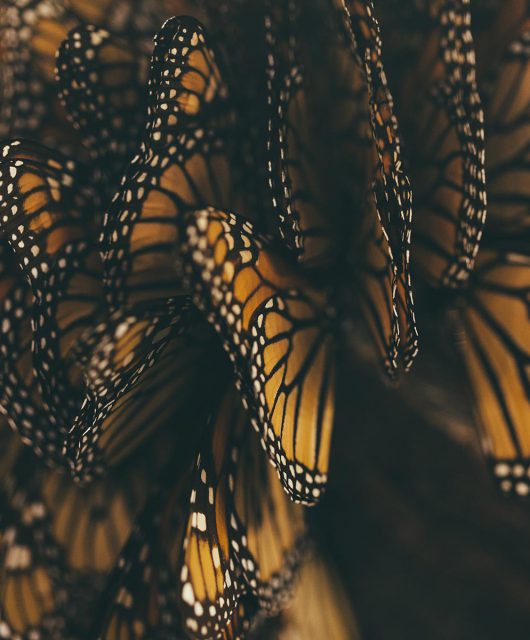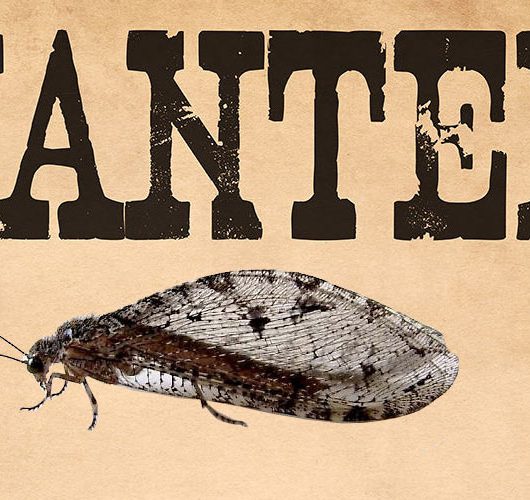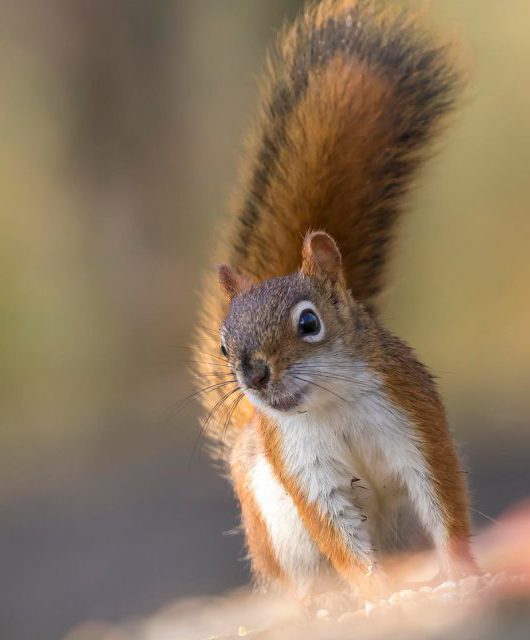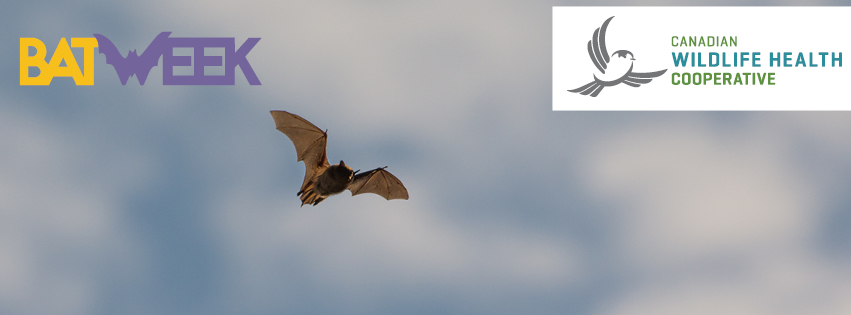
Our friends at the Canadian Wildlife Health Cooperative are celebrating Bat Week this week and we are happy to jump onto the bat bandwagon! These small mammals certainly need as much help as we can offer them. We hope you’ll celebrate with us!
White-nose syndrome (WNS) is a devastating fungal disease that has killed over 6 million bats in Eastern North America since its discovery in 2006. Likely introduced from Europe, many North American bats have no natural immunity against the fungus and emerge from hibernation too often and too early to rely on their limited fat reserves. Bats die due to lesions on their wings, starvation, dehydration, and exhaustion. The fungus has now been found in 5 provinces: Nova Scotia, New Brunswick, Prince Edward Island, Quebec, and Ontario. The spread has been confirmed as far west as Thunder Bay, ON, slowly moving closer to Manitoba. Newfoundland and Labrador and Western Canada remain unaffected.

The Canadian Wildlife Health Cooperative (CWHC) coordinates the response against this disease and brings scientists, cavers, communication experts, federal, provincial, and territorial governmental agencies and many organizations together. In the past year we have done active surveillance to monitor and provide updates on the spread of the disease, as well as providing protocols and other resources based on the latest knowledge. These include updated decontamination protocols, instructions for researchers on WNS surveillance and diagnostics, and educational material to advocate the importance of bats to the public. Since December 2014, three bat species (little brown myotis, northern myotis, and tri-colored bat) have been listed as endangered in the Species At Risk Act (SARA) and we are working with many partners to formulate the recovery strategies for these species. We coordinate the Canadian efforts for the North American Bat Monitoring Program (NABat) and are on the steering committee for the North American Bat Conservation Alliance (NABCA). These initiatives are all part of our national and international efforts against WNS and other bat conservation concerns.
Bat Week is one of these initiatives that came forth from a collaboration of multiple partners and is an annual, international celebration of the role of bats in nature. The CWHC will participate in this initiative with a social media “Bat Blitz”, where we will post material devoted to bats each day during bat week.
Submitted by Jordi Segers, CWHC National Office

